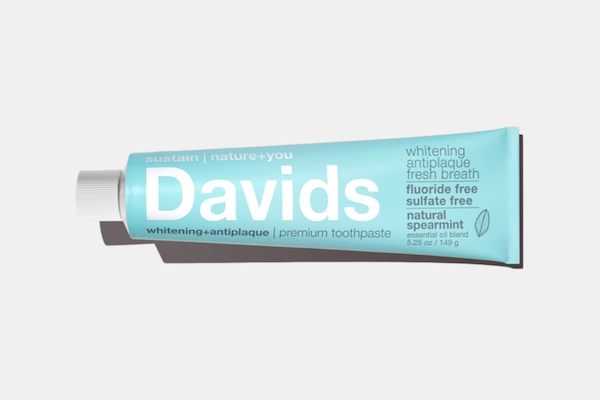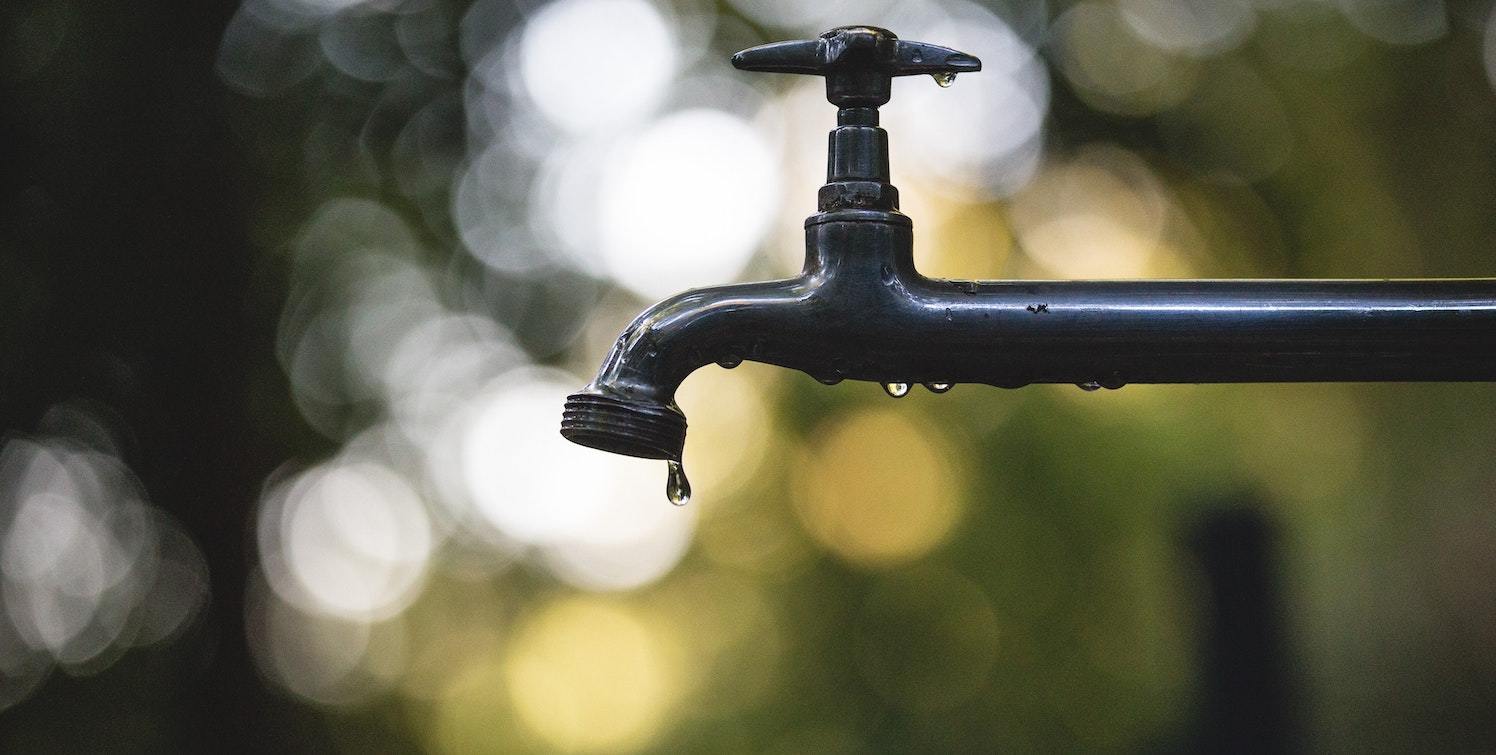To likely most of you reading this blog, water is a readily-available commodity in your home. Modern infrastructure allows us to live in a world where the true value and scarcity of water goes unnoticed as we power through our daily lives. But what is the reality behind the state of water supply in the world? It may surprise you to learn that only 2% of the world’s water is freshwater, with 1.6% locked in polar ice caps and glaciers. That leaves only .4% of the globe’s water supply for human consumption. Despite the proportionately small amount of water we have to work with, water consumption has gone through the roof in the past century and is having an increasing environmental impact on one of our most essential natural resources.
The U.S. alone uses 216 trillion gallons of water a year, with the average American family using more than 300 gallons of water a day.
Global water demand has increased by 600% over the past 100 years and water use has been growing globally at more than twice the rate of population increase. The U.S. alone uses 216 trillion gallons of water a year, with the average American family using more than 300 gallons of water a day. Currently one third of the world’s population lives in areas affected by water shortages and 1 in 6 people don’t have access to water sanitation. With the current trends of global water usage, nearly 6 billion people will suffer from clean water scarcity by 2050. Instead of letting these statistics induce feelings of hopelessness and despair, treat this information as a call to action on how to reduce waste by examining if you're being as water-efficient as possible. Here are 10 ideas to jumpstart your responsible water consumption journey, reduce your carbon footprint and promote sustainable living:
Take shorter showers
Trust me, I get it. A nice, long shower after a chilly day can be the perfect way to recharge — and the perfect way to practice your shower concert showmanship. However, showering accounts for almost 17% of household indoor water use, with the average shower using about 5 gallons of water per minute. If you shorten your shower by 2 minutes, you can cut your water use by 10 gallons. Next time you hop in the shower, maybe try performing 3 songs instead of 4.
Turn off the faucet while brushing your teeth
According to the EPA, bathroom faucets run at about 2 gallons of water a minute. Just by turning off the tap while you brush your teeth in the morning and night, you can save up to 8 gallons of water. That adds up to more than 200 gallons a month per person. Proof again that the little things truly do make a difference.
Only run the dishwasher when it’s full
Hi hello - is your dishwasher running? Oh it is? Well you better go turn it off and wait until your dishwasher is full! Depending on the model, a single dishwasher load can use 4 to 15 gallons of water. Saving hundreds of gallons of water a month is worth the mismatched plates and silverware towards the end of the week.
Keep a bottle of drinking water in the refrigerator
As someone who prefers close to freezing water, I get the appeal of waiting until the tap is as brisk as can be. However, us cold water lovers end up wasting a lot of H20 in the process. Instead, try keeping a bottle or pitcher of drinking water in the fridge so you don’t have to waste as much in the process of getting the right temperature.
Cut back on red meat consumption
On average, it takes about 1800 gallons of water to produce one pound of beef, which translates to around 450 gallons for a quarter-pound hamburger. That means the water it takes to produce 366 pounds of beef can fill an olympic-sized swimming pool. Try replacing red meat with plant-based proteins that have a much lower water footprint than beef. Small steps, such as meatless Mondays, can make a huge impact on your indirect water consumption.
Repurpose water
When we focus on recycling plastic, paper, and other recyclable materials, we often forget that water is perfectly capable of being recycled too. While you wait for your shower to warm up, grab any old bucket and catch otherwise-wasted water to hydrate your plants. Another way to recycle water is by placing a pot under a vegetable or fruit colander and pouring that water into a Britta or other water filtration system.
Collect rainwater
This tip is similar to the last, but instead of saving the water you're paying for, you get to reap the benefits of water that doesn’t cost you anything at all. Rain barrels have the ability to save the average homeowner 1300 gallons of water during the summer months. On top of that, you can protect the environment by reducing stormwater runoff. You can water your plants, water a composter, or wash your car with this repurposed water.
Fix household leaks
Household leaks waste 10,000+ gallons of water per household per year — that's equivalent to 270 or more loads of laundry. Try to keep track of leaky faucets or showers and give your local plumber that long overdue call.
Get a water-saving toilet
Americans flush 6.8 billion gallons of water down the toilet every day. In addition to a couple failed goldfishes, you’re also flushing tons of money down the drain as well. The average family can save 13,000 gallons of water and $130 in water costs per year by replacing all old, inefficient toilets in their home with eco-friendly WaterSense labeled models.
Invest in a high-efficiency washing machine
High-efficiency washing machines utilize technology that can reduce the amount of water and energy needed to do a load of laundry. These washing machines use up to 80% less water than traditional, top-loading washers. They can also help you save on your electricity bill by reducing energy use by up to 65%. While this may be the most costly tip on the list, your sustainable investment can go a long way for years to come.
Submitted by: Boston University PR LAB - Spring 2021






